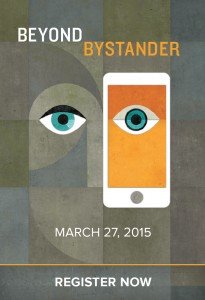35 Years of Herstory at UConn
This year marks the 35th anniversary of gender-based violence prevention programs at UConn. The Women’s Center and the Violence Against Women Prevention Program (VAWPP) will be hosting a reunion and celebration for all the alumni and current students who have worked hard to create change.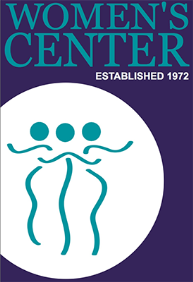
Lauren Donais, who coordinates VAWPP, answered a few questions about the history—and future—of violence prevention programs at UConn.
How has the role and scope of the WC, VAWPP and other violence prevention programs grown since the Rape Education Program was formed in 1980?
The scope of the program has grown since 1980 in that the primary focus was sexual violence, and with the name change to VAWPP in the early 1990s, we wanted to reflect our work on the various and interconnected forms of gender-based violence. The name change also was indicative of the commitment to not only educate the community, but also prevent gender-based violence through programs, services, and institutional advocacy.
Today, we continue to address and prevent all forms of sexual violence, intimate partner violence, stalking and harassment across the gender spectrum, through education, outreach and advocacy. We emphasize a primary prevention approach that engages all stakeholders in the campus community to examine their role in ending gender-based violence by addressing its root causes in sexism and other forms of oppression.
A significant factor influencing our work today is the degree to which sexual and relationship violence and Title IX on campuses are part of a national dialogue. To have the President and Vice President of the United States in the same room speaking out on this issue was unprecedented during VAWPP’s herstory.
How do you work with other departments and organizations across campus to promote these programs?
UConn was one of the first schools to receive federal funding in 1999. We were funded again in 2001 and in 2009 as part of the Connecticut Coalition to End Violence Against Women. These grants supported education for incoming students, training of conduct administrators and police officers, and the creation of our Community Response Team—all programs that rely on cross-departmental collaboration.
Each spring the Women’s Center partners with the Office of Fraternity and Sorority Life (OFSL) and the Asian American Cultural Center (AsACC) to organize Greeks Against Sexual Assault (GASA) and the Men’s Project, respectively. Both events aim to empower participants to take an active role in changing the cultural norms that support and condone violence.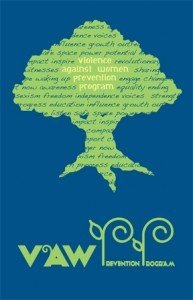
Just last week, we teamed up with OFSL, Athletics and the Leadership Office to screen The Mask You Live In—a documentary that follows boys and young men as they struggle to stay true to themselves while negotiating America’s narrow definition of masculinity.
And for the past two years, VAWPP has partnered with Residential Life to host UConnsent Day—a program designed to spark honest conversations about sexual consent and healthy relationships on campus and promote campus departments and community partners that provide support and advocacy to victims/survivors.
What is the role of alumni in prevention education on campus?
Countless VAWPP alumni have gone on to pursue careers in education. I receive regular requests to use VAWPP workshops and content in middle school and high school classrooms or as part of training alum are administering to colleagues in the workplace.
Additionally, VAWPP alumni were an integral part of training our current cohort of VAWPP Peer Facilitators this semester. A handful of them volunteered their time over Labor Day weekend to assist me with instruction and share their stories and expertise.
Are there any recent successes or forward progress to celebrate at this event? And/or could you provide a sneak peek of what’s in store for your alumni at the event?
Our current cohort of VAWPP Peer Facilitators are in the thick of a very busy semester. Our Consent 201 workshop is a new core element for all First-Year Experience courses in an effort to expand on concepts first-year students were introduced to at Orientation.
Consent 201 invites students to think critically about common patterns of communication around requests, negotiation, pressure, and coercion. Peer Facilitators use fun, interactive, non-sexual role-play to help students discuss dynamics within sexual and romantic situations.
Our over-arching goal is to shift the narrative away from how students can avoid sexual assault and instead toward how we can create a culture of respect that promotes holding out for enthusiastic consent.
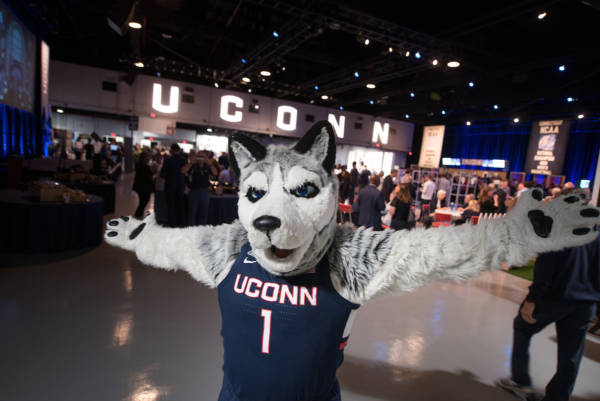
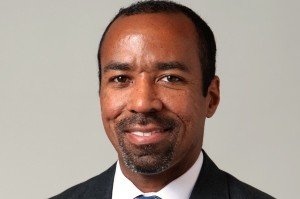
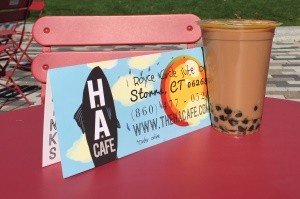
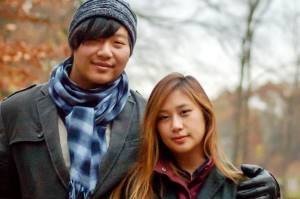
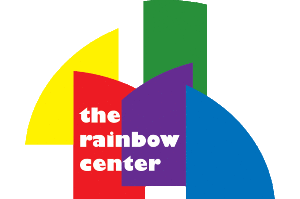 One of the best parts of Huskies Forever Weekend is that alumni and friends have the chance to share their passion for UConn together. In this spirit of community, the Rainbow Center’s newly formed LGBTQIAA+ group invites those coming to Huskies Forever Weekend to meet and get to know this growing and welcoming part of #UConnNation.
One of the best parts of Huskies Forever Weekend is that alumni and friends have the chance to share their passion for UConn together. In this spirit of community, the Rainbow Center’s newly formed LGBTQIAA+ group invites those coming to Huskies Forever Weekend to meet and get to know this growing and welcoming part of #UConnNation.